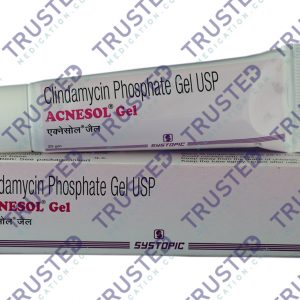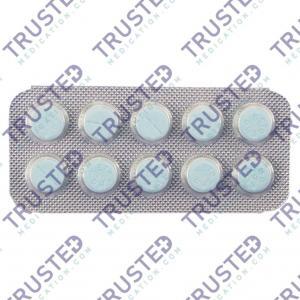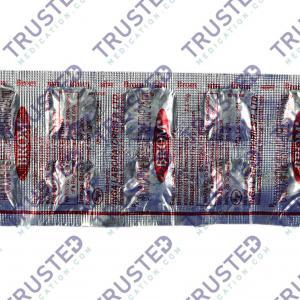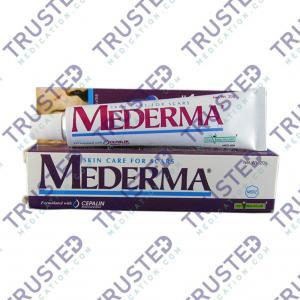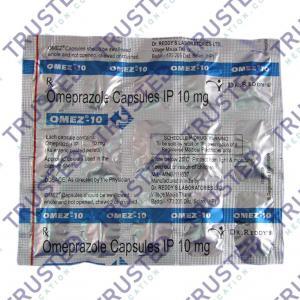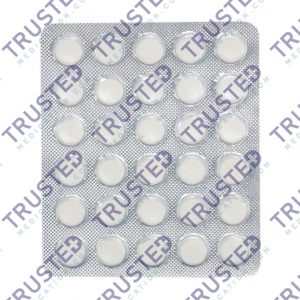
If you have a mold allergy, your immune system overreacts when you breathe in mold spores. It causes coughing, itchy eyes, and other symptoms. In some people, a mold allergy can worsen asthma and exposure causes restricted breathing and other airway symptoms.
The best defense against mold allergy is to reduce or avoid your exposure to type of molds that causes the adverse reaction. Molds live everywhere. Direct contact with a mold source can trigger an allergic response in some people. Mold allergens come from mold spores that float in the air like pollen.
Symptoms of Mold Allergy

Mold allergies cause similar reactions to upper respiratory allergies. It includes:
- Sneezing
- Stuffy and runny nose
- Postnasal drip
- Cough
- Itchy nose, eyes, and throat
- Watery eyes
- Scaly and skin
- Itching
Mold allergens and asthma symptoms include:
- Wheezing
- Coughing
- Shortness of breath
- Chest tightness
What Causes Mold Allergy?
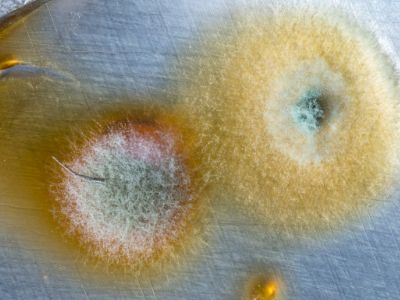
Mold reproduces by creatingsd tiny spores that are carried through the air. Breathing in these spores can trigger an allergic reaction, triggering your immune system to overreact. Overreaction results in the production of antibodies, inflammation, and a variety of nonspecific symptoms, including a rash. Some people have allergies while others don’t, and many allergic reactions run in families.
How to Diagnose Mold Allergy?
Considering the signs and symptoms, your doctor may also conduct a physical assessment and identify the factors that cause the adverse reaction. Here are some tests to identify allergies:
- Skin prick test. It dilutes an ample amount of the suspected allergen/ molds and applies it to your skin. The reaction can trigger hives, itching, and rashes.
- Blood test. It measures the response of your immune system to mold by measuring the number of certain antibodies in your bloodstream. The purpose of the blood test is to gather evidence of sensitivity to specific types of mold.
Treatment for Mold Allergy

- The typical reaction of the body to mold allergy is rhinitis. To avoid worsening the symptoms, you can try:
- Nasal corticosteroid. Nasacort Aqua Nasal Spray helps treat and prevent inflammation due to mold allergens.
- Your doctor may also prescribe antihistamines to alleviate itching, runny nose, and sneezing.
- OTC products are also available as topical medications to relieve allergy-related rashes and itching.
- Your doctor may also give you other medications that reduce the action of chemicals in the body that causes redness and swelling. Consult your doctor if the symptoms persist to have proper medications.
Lifestyle and Preventative Measures Against Mold Allergies
- Sleep with your windows closed to prevent the molds outside from coming in.
- Ensure to maintain proper humidity in your home.
- Wear a mask when cleaning. Disinfect your room from time to time.

